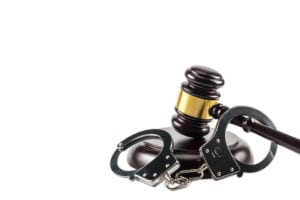 Chief Justice Rabner continued in relevant part: The Court outlines the points that such a charge should include and notes that counsel should request such a charge when the facts warrant it. The Court asks the Model Jury Charge Committee to amend the model charge.
Chief Justice Rabner continued in relevant part: The Court outlines the points that such a charge should include and notes that counsel should request such a charge when the facts warrant it. The Court asks the Model Jury Charge Committee to amend the model charge.
In this case, the officers did not comply with Rule 3:11 or Delgado in full. They did not prepare an electronic recording of Roberts’ out-of-court identification or a contemporaneous, verbatim written account of the exchange between Roberts and Detective Hannibal. They instead used three forms that documented important information about the process. Reliance on the forms alone, though, did not create an adequate record. Under the circumstances, perhaps the best option was one not available at the time: a hearing to assess the reliability of the identification even though defendant could not present evidence of suggestiveness. A hearing would have benefitted not only defendant but also the trial court, by enabling it to fulfill its gatekeeping role.
The Court remands this case to the trial court for such a hearing. At this time, without a more complete record, the Court does not find that the absence of a supplemental charge was plain error. See R. 2:10-2. Defendant will have the opportunity to challenge the verdict on remand. If damaging evidence about feedback, witness confidence, or some other factor that affects memory is developed at the hearing, he may have a strong case and be entitled to a new trial.
Here, we see more language that weighs heavily in the prosecution’s favor. First, the matter is remanded to the same judge who did not even see fit to grant a hearing under the circumstances, let alone suppress the identification evidence. Then, the Court applies the plain error standard in light of counsel’s failure to renew an objection that was already made pretrial. This standard creates a heavy burden for the defense to overcome in order to achieve a reversal of the conviction.
